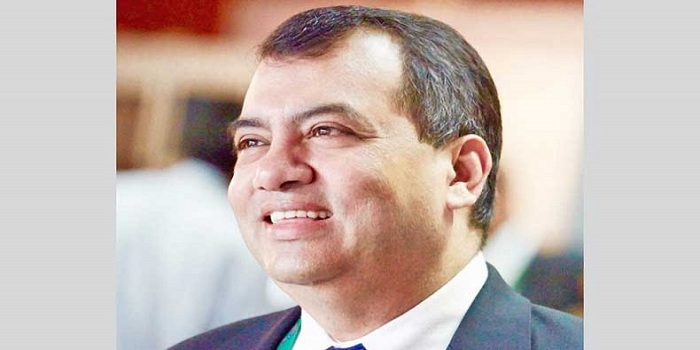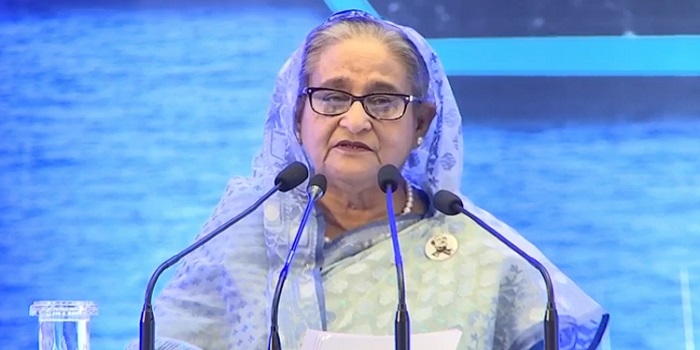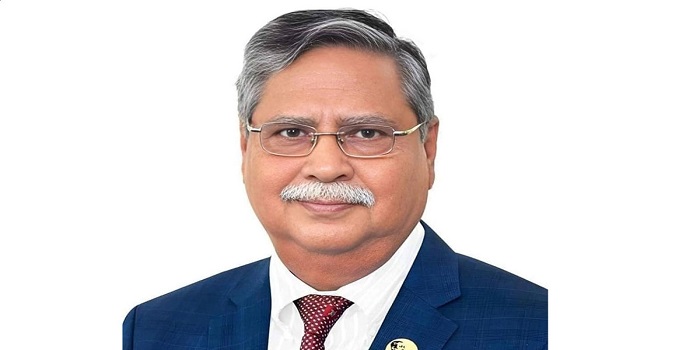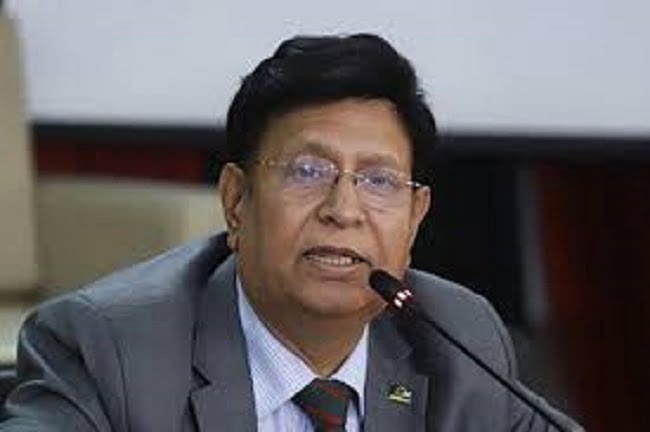Taliban capture eighth provincial capital in six days

Taliban militants took control of another city in northern Afghanistan on Wednesday, an official said, the eighth provincial capital to fall to the insurgents in six days as US-led foreign forces complete their withdrawal, reports Reuters.
The Taliban capture of Faizabad, capital of the northeastern province of Badakhshan, came as President Ashraf Ghani landed in Mazar-i-Sharif to rally its defenders as Taliban forces closed in on the biggest city in the north.
Jawad Mujadidi, a provincial council member from Badakhshan, said the Taliban had laid siege to Faizabad before launching an offensive on Tuesday.
“Unfortunately, after hours of heavy fighting the ANDSF retreated,” Mujadidi told Reuters, referring to national security forces.
“With the fall of Faizabad the whole of the northeast has come under Taliban control.” Badakhshan borders Tajikistan, Pakistan and China.
The loss of the city is the latest setback for the beleaguered government, which has been struggling to stem the momentum of Taliban assaults in the last few months.
The Taliban are battling to defeat the US-backed government and re-impose strict Islamic law. The speed of their advance has shocked the government and its allies.
Taliban forces now control 65% of Afghanistan, have taken or threaten to take 11 provincial capitals and seek to deprive Kabul of its traditional support from national forces in the north, a senior European Union official said on Tuesday.
US President Joe Biden urged Afghan leaders to fight for their homeland, saying on Tuesday he did not regret his decision to withdraw, noting that the United States had spent more than $1 trillion over 20 years and lost thousands of troops.
The United States was providing significant air support, food, equipment and salaries to Afghan forces, he said.
The north was for years Afghanistan’s most peaceful region, with only a minimal Taliban presence.
During their 1996 to 2001 rule, the Taliban were never completely in control of the north but this time, they seem intent on securing it before closing in on the capital.
The Taliban had also taken control of borders with Tajikistan and Uzbekistan, Russia’s Kommersant daily reported, citing Russian Defence Minister Sergei Shoigu, heightening security concerns for Moscow.
Shoigu said the Taliban had promised not to cross the border but Russia would continue holding drills with its allies in the region.
Afghan officials have appealed for pressure on Pakistan to stop Taliban reinforcements and supplies flowing over the border. Pakistan denies backing the Taliban.
The government has withdrawn its forces from some hard-to-defend rural districts to focus on holding population centres. In some places, government forces have given up without a fight.
Ghani is now appealing for help from the old regional powerbrokers he spent years sidelining as he attempted to project the authority of his central government over traditionally wayward provinces.
He was due to meet regional leaders in Mazar-i-Sharif to work out coordination between the security forces and militias and operations to take back areas the Taliban captured, Tolo News reported.
In the south, government forces government forces are battling Taliban fighters trying to reach Kandahar province’s main prison to release detained comrades, officials there said.
Fighting is also taking place in city of Farah in the west, near the Iranian border, Tolo reported, while officials in Ghazni province, south of Kabul, and Uruzgan southwest of Kabul, also reported heavy clashes.
In Geneva on Tuesday, UN human rights chief Michelle Bachelet said reports of violations that could amount to war crimes and crimes against humanity were emerging, including “deeply disturbing reports” of the summary execution of surrendering government troops.
Six EU member states warned the bloc’s executive against halting deportations of rejected Afghan asylum seekers arriving in Europe, fearing a possible replay of a 2015-16 crisis over the arrival of more than a million migrants, mainly from the Middle East.
The United States will complete the withdrawal of its forces this month in exchange for Taliban promises to prevent Afghanistan being used for international terrorism. The Taliban promised not to attack foreign forces as they withdraw but did not agree to a ceasefire with the government.








